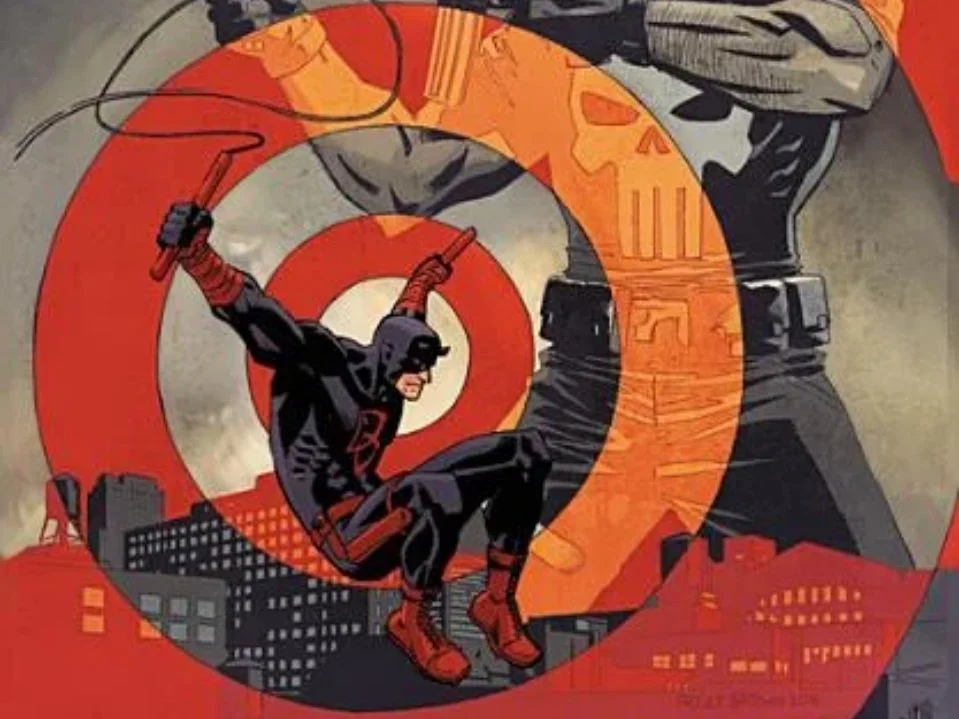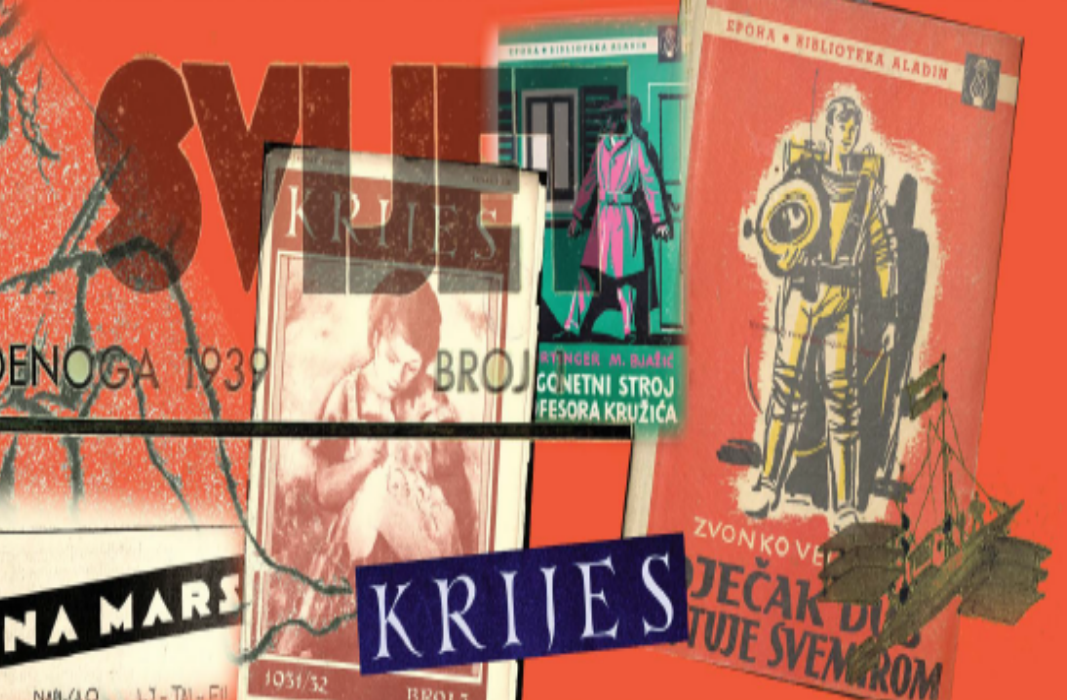Welcome to My Scholarship Blog!
Hi everyone,
Thank you for checking out the blog! The purpose of this blog is to update you on my scholarship. Updates will come in the form of short posts per scholarly product, meant to give you a sense of its aim(s) and core idea(s). When relevant, links to either a source or its reference will be provided. For topical shortcuts, check out the tags below.
Phoenix, Dark Phoenix, and Moral Ambiguity (2025)
“Given the myriad disagreements superheroes and supervillains have concerning the nature of the Phoenix Force and how to respond to it, the sagas provide many opportunities for viewers to engage in similar processes of abstraction and reflection.”
Superhero Justice (2025)
The findings suggesting that people understand morally relevant actions involving antagonists differently than those involving others–coupled with the fact that various forms of this distinction feature heavily in superhero narratives (e.g., hero-villain, criminal-victim, innocent-guilty, malevolent force-unwitting host)–point to a potential area of scholarly inquiry when thinking about what it means to treat others fairly across different contexts.
Social Superheroes (2024)
Constructivist analyses of Black Panther, Luke Cage, and Bishop help reveal some of the ways superheroes, despite their consistent motivations and frequent predictability (e.g., in terms of the motivations of many of their villains, use of violence, etc.), are both socially responsive to and adaptive within their differing social contexts. They are embedded in varied social interactions and relationships–an embeddedness that has implications for both pedagogy and scholarship.
Lucas Bishop (2024)
By trying to understand the nature of the decisions made by such a complex and multifaceted character (the X-Man Bishop)—one who, despite occupying various positions within and outside of the law across dystopian and non-dystopian social arrangements, consistently fights to alter them in the face of injustice—we may come to a slightly better understanding of ourselves.
Superheroes and Children’s Moral Understanding (2023)
The potential benefits of using superhero media as a context to study older children’s more interpretive or constructivist view of the mind may include familiar characters, the consistency of morally relevant considerations, and the frequent comparison of superheroes and supervillains across contexts that parallel those within children’s social worlds.
Luke Cage (2023)
Insofar public corruption, crime, and institutional distrust inform many Harlemites’ understanding of Harlem and their place in it, Luke Cage’s superhero mission needs to be understood as coterminous with Harlemites’ experiences, behaviors, and beliefs concerning these matters.
Mr. Freeze (2023)
Both of these features [separating moral from nonmoral understandings of social interactions and applying those understandings to complex situations]...are suggested through Mr. Freeze’s motivations to use cryogenics to save and improve people’s lives, his sense of unjust treatment, his sometimes selective use of harm, and his expressions of vulnerability….Therefore…we can learn a little something about ourselves through villains like Mr. Freeze.
Comics and Citizenship (2023)
These features are explored through analyses rooted in three distinct disciplines and applied to three superheroes whose narratives are often rooted in the communities in which they live: sociology (Daredevil and Hell’s Kitchen), psychology (Black Panther and Wakanda), and citizenship education (Batman and Gotham).
The Walking Dead (2022)
Van der Ven suggests the role of subjective interpretations should be accounted for when thinking about how people may experience morally laden situations and the conflicting moral interpretations that may result….Applied to TWD, it is possible for individuals who vary in their assumptions or beliefs about the post-zombie world to interpret the same morally laden act differently.
Capes, Conflict, and Co-Viewing (2021)
These discussions may stimulate children’s understanding of the events observed in superhero narratives and conceptual associations between these fictional events and everyday events they experience or witness.
Black Panther (2021)
Given the prevalence of superhero media and the general consistency between (1) increasing sociomoral capacities (as implicated in SDT-related findings)...and (2) the broadening of social life contexts inherent within the Washington State’s Grade Level Expectations for Social Studies…, films like Black Panther (2018) that readily portray characters expressing diverse viewpoints may assist educators in their goals of fostering the development of thoughtful, considerate, and respectful citizens.
Batman (2020)
...by analyzing Batman narratives through the lens of…the existence of distinct domains of social concepts and the importance of coordination to navigate situations with competing concepts or considerations…and centering Gotham as the primary unit of analysis, opportunities for reflecting on the relationship between understandings of God and understandings of the social world may become apparent.
Black Panther (2019)
Unlike his American superhero counterparts (such as Iron Man, Captain America, and Spider-Man) who can operate solely as protectors and sometimes avengers of their e solely as protectors and sometimes avengers of their city, the country, or the world without also being responsible for addressing the various perspectives of its inhabitants, T'Challa does not have that luxury.













